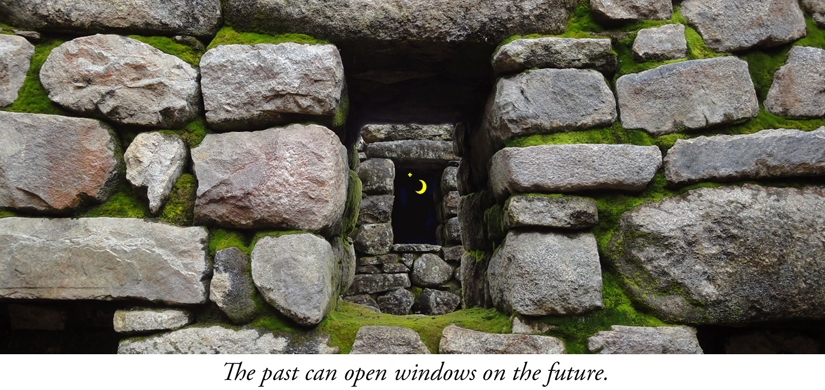Mea culpa.
I just finished a paid session with an expert from WordPress, the company that hosts this blog. As you may be aware, blog followers have been experiencing problems when trying to add their comments to blog posts and pages.
It looks like the problems were probably due to operator error on my part. I didn’t understand the purpose of a default setting in the WordPress application, so I left it unchanged. This setting required those wishing to make comments to first sign up for a WordPress account.
This setting is now disabled, so email followers without WordPress accounts should be able to freely make comments. The reason I started this blog in the first place (rather than establishing a website) was because I wanted a collaborative space where people could work together to advance the concept of Future-Focused History education.
I hope collaboration just became easier. If you should experience any further problems using the blog, please let me know at contactsf@studentsfriend.com. I apologize for any inconvenience you might have experienced, and thanks for hanging in there. -Mike
UPDATE: I discarded two previous posts relating to technical issues, which I believe are now resolved. No need to keep the posts, except that I didn’t want to lose a comment from Byron Thomas, so I moved it to the Sept. 28 post below titled “Whadda ya think about a ‘Future-Focused History Alliance?”



